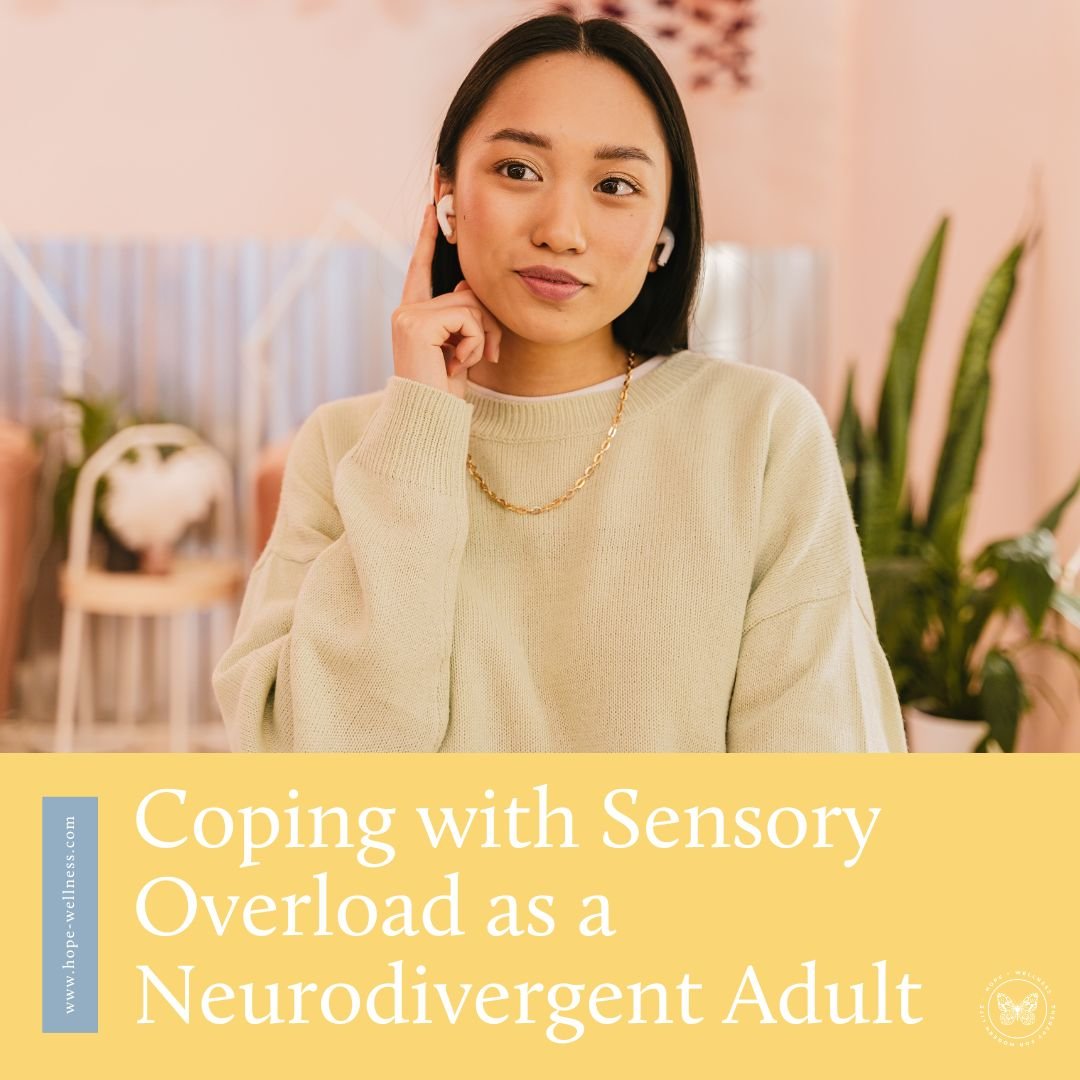7 Ways to Cope When Life is Hard: DBT IMPROVE the moment
Sometimes painful events happen in our lives that we can’t change. Death. Serious illness. Mistakes you’ve made and now can’t take back. Disappointment. Heartbreak. In times like this, it’s hard to know what to do and how to cope. We feel helpless and out of control. We’re often tempted to avoid, to numb, to turn toward substances, self-harm, or other activities. In the short term, they help us cope. But in the long term, they are destructive and only add to our suffering.
In these circumstances, there is a certain amount of pain that is just there and which we must learn and work to tolerate and live with. Dialectical Behavior Therapy (DBT) offers strategies to help you tolerate distress during difficult times, in the moment — to continually turn the mind toward acceptance and healthy ways of coping with pain.
DBT Distress Tolerance: IMPROVE the Moment
Sometimes the best thing we can do in situations where we don’t have control over the outcome or the current situation is to avoid making things worse. According to DBT, one way to tolerate high levels of distress and suffering is with the acronym IMPROVE the moment, which stands for the following.
I: Imagery. Imagery is when you imagine yourself in a different situation other than the one you are in. You could imagine yourself in a safe place, a beautiful place, or simply another place that’s different than the one you’re in. Imagine a beautiful beach, a peaceful forest, in a safe place, or visualize yourself as okay and doing well.
M: Meaning. Finding meaning in the situation can help you cope with the worst of pain. This means trying to find spiritual meaning if you are spiritual. You can read books, speak to spiritual mentors or teachers, such as priests or rabbis. You can spend time writing or with friends reflecting on what the lesson could be in this, what the greater purpose might be. From finding meaning, you’ll find that you’ll have greater compassion for others in pain and better able to cope with pain yourself.
“Those who have a ‘why’ to live, can bear with almost any ‘how’.”
P:Prayer. Prayer can be incredibly helpful in times of crisis; it is a spiritual practice that is not necessarily religious. There are different ways to pray. One way is with words, in which you can pray to a higher power. You can talk and release some of your distress and grief. Another way to pray is by opening up. It’s not so much with words, but with your heart and emotions. Open your heart up to compassion and kindness, love and peace.
R: Relaxation. Sometimes in crises, we get tense and stressed out so it can help to relax. There are different ways to relax, including getting a massage, going on walks, and meditation. Focus on your breath and how it feels as is moves through your nose, down your throat, and your chest as it rises. Sometimes tensing and then releasing your muscles can also help.
O: One Thing in the Moment. It can help to completely and totally throw yourself into the present moment. When we’re distressed, we’re often thinking about the past, or caught up in fears bout the future. Fully bring your attention into whatever activity you are doing and participate in it completely.
V: Vacation. Vacations can help to destress and obtain some perspective on distressing situations. You can take a full vacation, a mini vacation, or a vacation around town. Vacations can be as brief as 5 minutes from the office. The key is to rest and to take care of yourself.
E: Encouragement. The things you say to yourself can affect how you feel. Try it — say “I can’t do this, I’m horrible, this is awful.’ How do you feel? Compare that to, “This is awful but I can do this. I can find my way. I’m not perfect but 'I’m strong.’ Encouragement can be very powerful.
it’s often said that the only way through grief or pain is through it — not around it, not above or below it, but through. With the IMPROVE set of DBT distress tolerance skills, you can do this, you can make it through this period of your life to greater life and hope.
“When we are no longer able to change a situation, we are challenged to change ourselves.”
clinical psychologist in mclean, tysons corner, merrifield, falls church, arlington and vienna
Victoria Chialy Smith, PhD is a licensed clinical psychologist serving the Falls Church, McLean, Great Falls, Vienna, Arlington, Alexandria, and the greater Washington DC region. She provides individual therapy to children, teens, and adults with stress, anxiety, and depression. Our practice provides Cognitive Behavioral Therapy (CBT), mindfulness and acceptance based therapies, and other top, premier evidence-based treatments. Call, email, or schedule an appointment with us online today. We’re happy to help!










ADHD is a common neurodevelopmental condition that might affect you or someone you know. For some tips on attention strategies and to gain a better understanding of ADHD in general, we encourage you to check out this blog post :)